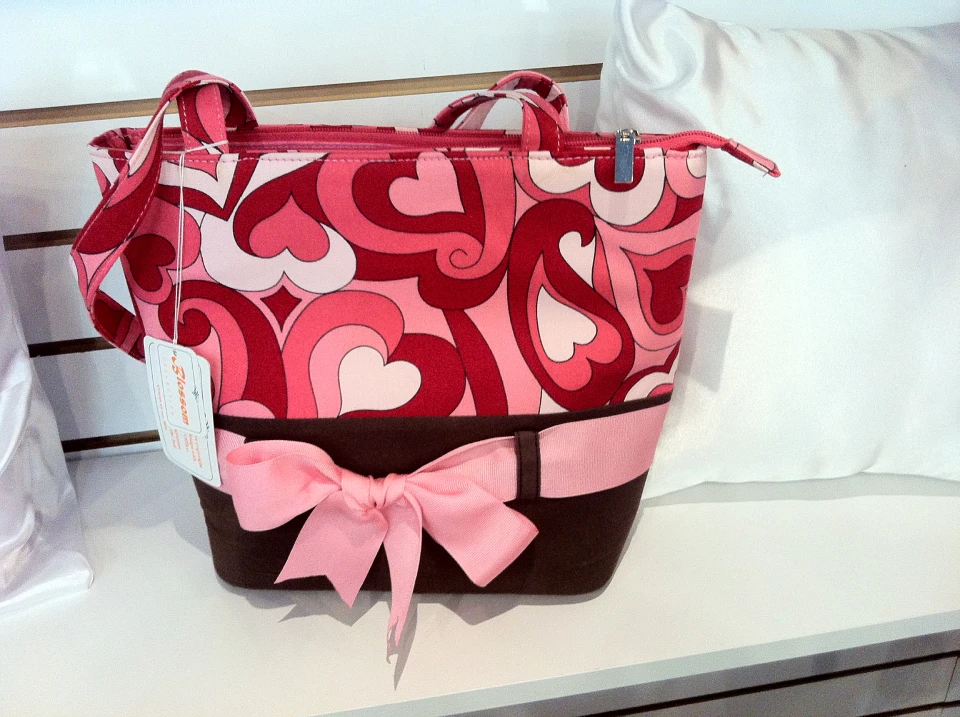The Art of Custom-made Needlework: Opening the Keys to Creating One-of-a-kind and Memorable Layouts
The tricks to developing customized embroidery layouts that mesmerize the eye and leave a long lasting impact lie in a delicate balance of technique, imagination, and interest to information. As we dig right into the world of custom-made needlework, we reveal the nuanced interplay between thread selection, stitch complexity, and design customization that raises a mere garment to a job of art.
Selecting the Right Needlework Threads
When choosing needlework strings, what vital elements should you take into consideration to ensure the finest outcomes for your customized designs? The choice of embroidery string is critical in identifying the last result of your stitched layout. Among the primary considerations is the product of the string. Various products such as cotton, polyester, rayon, and silk offer varying degrees of shine, longevity, and texture. It is vital to choose a string product that complements the fabric you are embroidering on and lines up with the preferred look of the style.
Moreover, the weight or density of the thread plays a considerable function in the appearance of the embroidery. Thicker threads can add dimension and appearance to your layout, while finer strings are suitable for intricate information and tiny text. Additionally, considering the color fastness and washability of the string is crucial to ensure that your custom-made designs keep their quality and vibrancy with time. By meticulously examining these factors and choosing high-quality threads that fulfill your certain needs, you can boost the visual allure and long life of your embroidered productions.
Discovering Different Stitch Strategies
To explore the world of 'Checking out Various Stitch Techniques', one have to understand the complexities and subtleties that each stitching approach brings to the art of needlework. Various stitch methods not only include visual passion yet additionally add to the total structure and dimension of the layout. One popular stitch method is the satin stitch, which entails closely packed parallel stitches to produce a smooth and glossy surface area, ideal for filling up in shapes and producing vibrant describes.
On the various other hand, the backstitch is a functional technique typically utilized for outlining and adding great details. It includes stitching backward to produce a solid line of needlework. In addition, the French knot stitch includes a responsive aspect to styles, excellent for developing distinctive accents like flower centers or attractive touches.
Discovering different stitch strategies permits embroiderers to have fun with light, shadow, and deepness within their layouts, boosting the aesthetic allure and imaginative quality of their embroidery jobs. By understanding numerous sewing approaches, one can unlock unlimited possibilities for producing distinct and unforgettable customized needlework items.
Incorporating Personalized Layout Components
Having actually discovered the details of various stitch techniques such as the satin stitch, backstitch, and French knot, the emphasis currently changes in the direction of integrating individualized layout components in personalized needlework jobs. Customized style elements play an important function in making embroidery tasks absolutely unique and unforgettable. One way to incorporate personalization is by including initials, names, or considerable days to the design. This not local seamstress just adds a customized touch but additionally improves the emotional worth of the embroidery item.
Another means to integrate personalized style elements is by including signs or themes that hold special significance to the recipient or mirror their interests and individuality. Including a favorite flower, pet, or hobby-related symbol can make the needlework design much more purposeful and personalized. Furthermore, picking shades that reverberate with the recipient or align with the designated style can better enhance the customization of the needlework task.
Mastering the Art of Color Sychronisation
One key element of shade coordination is recognizing color theory. This includes understanding just how different colors connect with each other, the feelings they communicate, and just how they can be combined to produce aesthetically appealing styles. By applying color theory principles, embroiderers can develop unified color combinations that enhance the total look of the style.
Furthermore, focusing on contrast is essential in shade coordination. Using contrasting shades can aid particular elements of the design pop, improve readability, and develop an aesthetically dynamic embroidery item. By mastering the art of color coordination, embroiderers can raise their styles and produce remarkable items that reverberate with customers and audiences alike.
Enhancing Structure With Advanced Needlework Stitches

Bullion knots, on the various other hand, can be utilized to produce twisted, ropelike elements that include a luxurious feel to the needlework. Exploring with these sophisticated embroidery stitches permits you to press the limits of conventional embroidery and produce truly one-of-a-kind and aesthetically attractive textures in your layouts.
Final Thought
In verdict, the art of custom-made embroidery entails a mix of you could try these out choosing the best threads, exploring numerous stitch methods, incorporating tailored style elements, grasping color sychronisation, and enhancing appearance with sophisticated stitches. By understanding and applying these vital components, embroiderers can produce one-of-a-kind and unforgettable styles that display their creativity and skill. Embroidery enthusiasts can open the tricks to creating attractive and custom pieces that stand out and leave an enduring impact.